An industry at the forefront of global innovation
Grenoble is recognized worldwide as one of five international hubs for microelectronics. The city is also a major player in digital sectors and connected objects. This unique ecosystem enabled Grenoble to be ranked fifth most innovative city in the world by Forbes.
From connected objects to artificial intelligence, virtual reality, big data and the industry 4.0, the world is undergoing a major evolution and Grenoble is taking an active role in this change. The adventure began back in the 1960s when Grenoble contributed to the development of computer science and microelectronics. The software side of the industry is promoted by companies such as Capgemini (founded as Sogeti in Grenoble in 1967 by Serge Kampf), Hardis, Atos, Orange Business Services, Corys, Tess, Digimind and Metrologic. The hardware business is represented by HP, Bull, STMicroelectronics, Soitec and E2V, among others.
In 1967, CEA Grenoble created the Leti laboratory for electronics and information technology. Since then, the Leti has given rise to many startups, including Soitec, Sofradir, Tronics, ISKN and Primo 1D. Starting in 2000, the ecosystem welcomed the growth of digital services and e-commerce companies such as Spartoo, Photoweb, Made in design and Evioo.
The digital industry in Grenoble is the region’s leading economic sector with 40,000 jobs, 5,500 researchers, 550 companies and 5,800 students. In 2014, this ecosystem enabled Grenoble to be one of the first cities to earn a French Tech label. The ecosystem covers the entire value chain from research institutions (CEA, Inria, CNRS, etc.) to the Minalogic cluster, the microelectronics and digital sectors, and even Ferropem, which produces silicon in Livet et Gavet.
An unique ecosystem in Europe!
As Isère’s leading employer and the second employer in the Auvergne-Rhône-Alpes region, STMicroelectronics’ 6,000 local employees are a testament to the importance of Grenoble. “Here, we have a complete panel of resources and skills that enable us to build partnerships in all fields, including research, education, specialized subcontractors and startups that use our technology. It’s rare to find such a concentration of resources in France. Grenoble is a unique hub in Europe for the the microelectronics and digital industries,” underlines Philippe Brun, VP of HR at STMicroelectronics.
Laurent Malier, director of the group’s technology development, adds: “95% of STMicroelectronics’ production is exported and faces stiff competition worldwide. Research is crucial to stay competitive. It’s an industry that creates value. The vibrant startup environment in Grenoble covers all possible applications. Even though startups don't represent large-scale markets, they’re a great means to promote the visibility of our components and explore new applications.”
Enabling the digital transformation
Capgemini and its subsidiary, Sogeti, employ almost 1,000 people in Grenoble. The leader of information technology and services confirms that the local environment is very advantageous. “The Grenoble ecosystem with its industrial groups, SMEs and universities demonstrates great potential in terms of digital technology. Our Applied Innovation Exchange program with universities and educational institutions ensures we have access to key skills that are essential for our digital manufacturing process (products, factories, connected and smart processes) and digital customer experience (the entire chain of B2C and C2C interactions),” explains Jean-François Valente, director of Capgemini Technology Services Grenoble.
Hardis, which was founded in 1984 by Christian Balmain and three associates, has become the third regional software publisher and the leading French provider of logistics software solutions. The company is preparing for international development. By 2018, Hardis expects to employ 1,000 people for a revenue of 93 million euros. Grenoble is on the brink of a new disruptive evolution: the arrival en masse of connected objects in daily life, industry, construction, smartgrids and healthcare. Components and sensors for these connected objects can be produced by traditional players or offer the opportunity for new players to emerge.
The local ecosystem is well aware of this upcoming change: “Changing technology brings risk and opportunity. It’s up to us to build on the local and regional ecosystem in order to create a coherent group of players who will ensure our success in France and around the world,” states Laurent Malier.



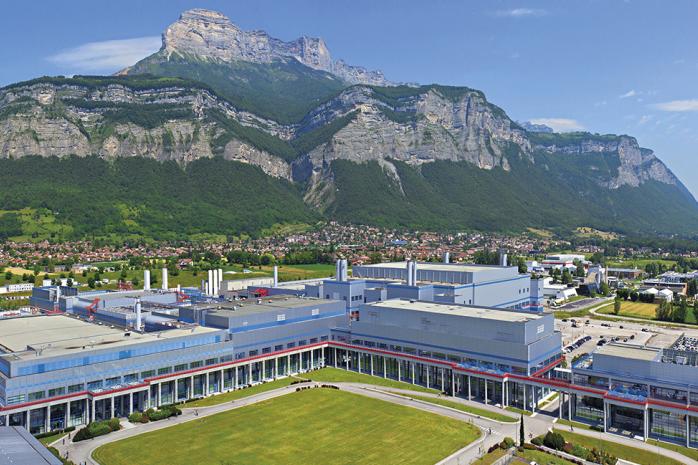
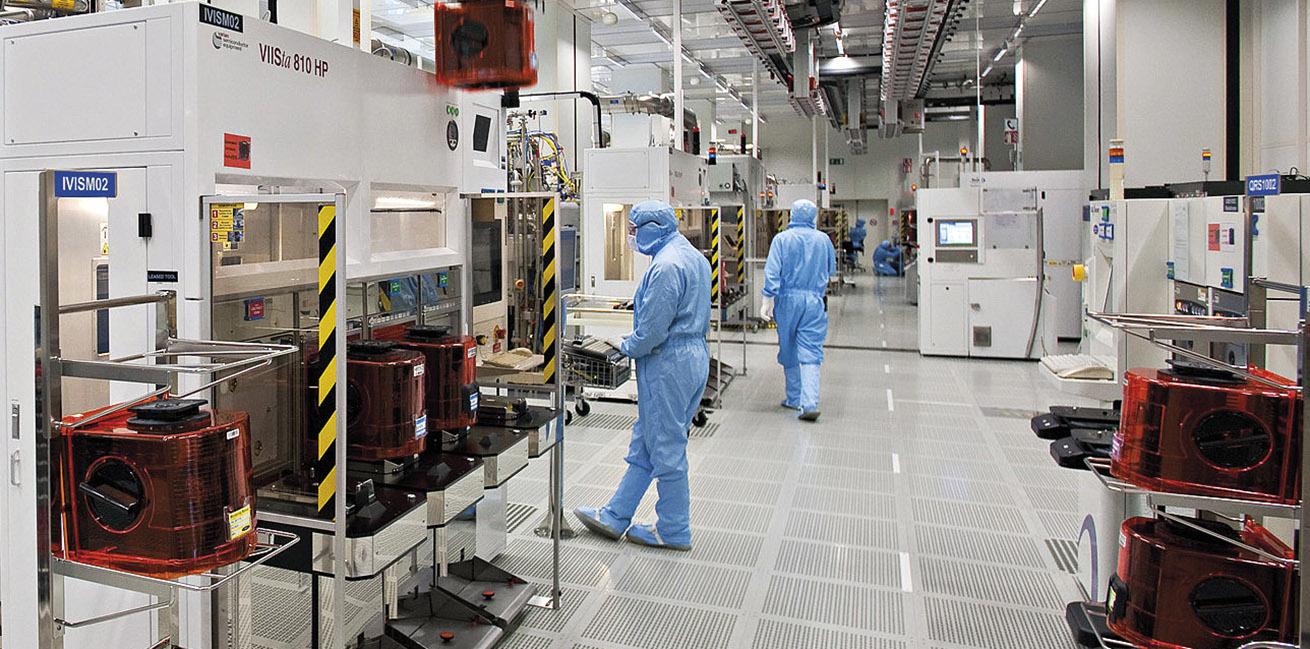
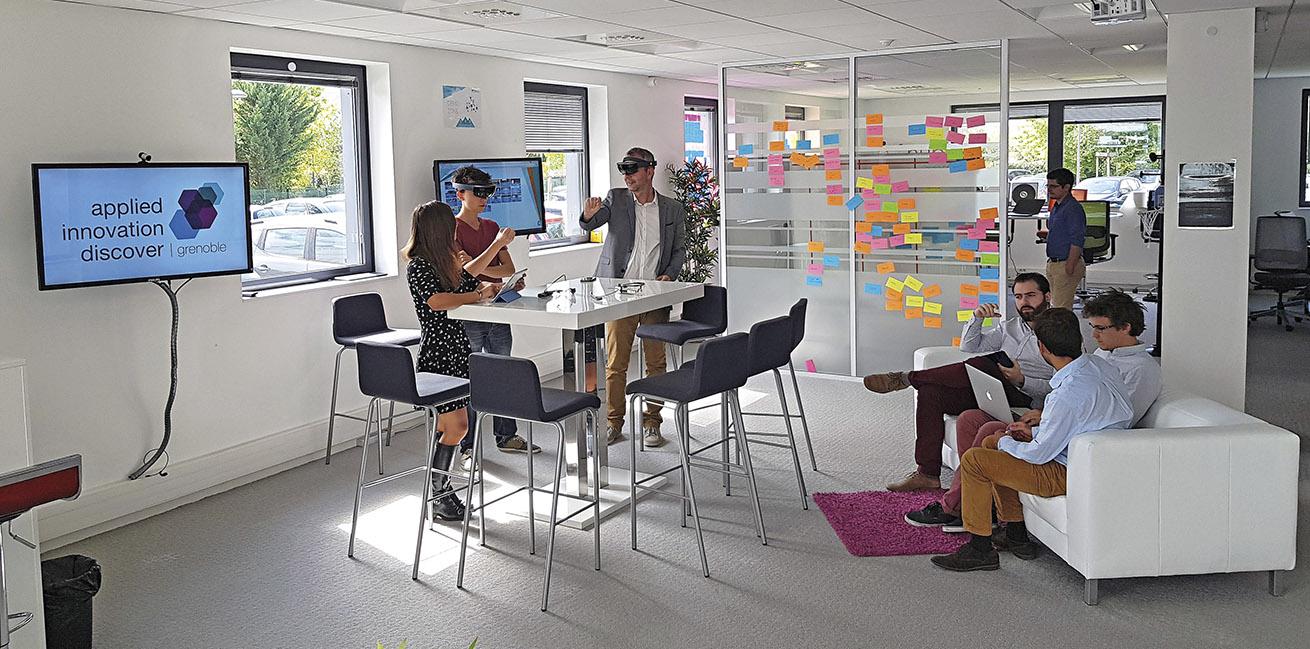
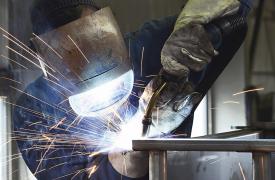
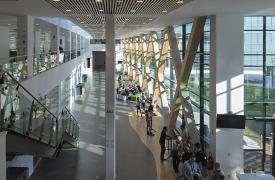
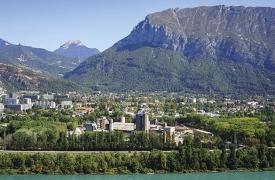
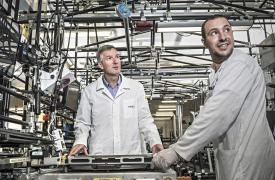
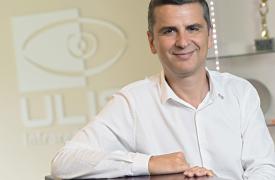
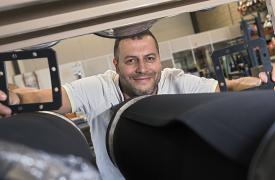
Commentaires
Add new comment